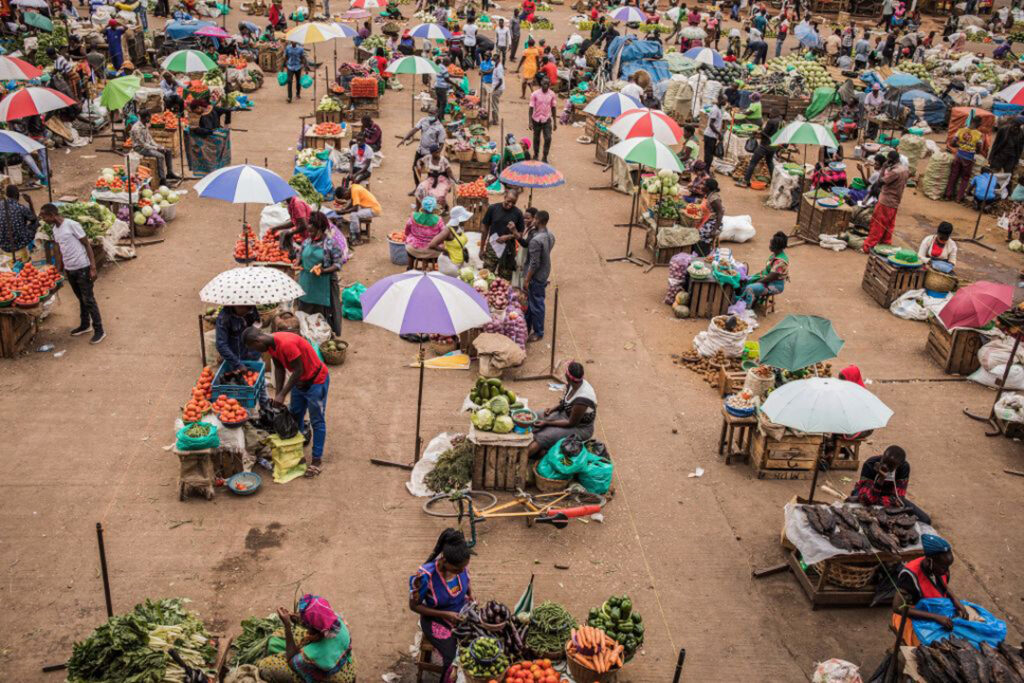ADF STAFF
After responding quickly to the COVID-19 global pandemic with lockdowns, mask mandates and other public health measures, African nations backed off those precautions as the first wave of infections began to subside in mid-2020.
Driven by two more-infectious variants, a second wave of infections quickly outpaced the first. In some countries, daily infection numbers tripled as the second wave took hold.
By the end of 2020, roughly three-quarters of African countries were in the midst of a second wave. Just over three months later, a third wave may be building in some countries.
“We have to do everything possible to maintain our public health measures to continue to fight back the virus successfully,” Dr. John Nkengasong, director of the Africa Centres for Disease Control and Prevention (Africa CDC), said during a recent weekly COVID-19 update.
Despite the increase in new cases, health authorities have declined to issue lockdowns as they did during the first wave. The number of countries with strict public health measures in place dropped from 48 in April 2020 to 36 at the end of the year, despite increasing infections, according to the Africa CDC.
During his April 1 COVID-19 update, Nkengasong touched on one possible reason why: Restrictions are less popular now than they were a year ago.
Support for travel restrictions, school closures and similar limits on movement and social gathering dropped from 65% in February 2020 to 55% in August, according to a survey of 19 African countries by the Partnership for Evidence-based Response to COVID (PERC), an African Union partner.
“In the trade-off between getting the economy moving and too much risk in loosening restrictions, the balance is in favor of getting the economy moving,” PERC reported in its survey results.
The survey found that seven in 10 people reported that they were struggling financially and having trouble feeding their families because of the pandemic.
“Income loss and problems with food access were severe in all member states and have largely worsened since August,” Nkengasong said on April 1.
Nkengasong and Dr. Matshidiso Moeti, director of the World Health Organization Regional Office for Africa, continue to emphasize the need for masks, hand-washing and avoiding crowds. Those measures received a 73% approval rating, according to the PERC survey.
However, after more than a year of living with COVID-19, public health officials find themselves trying to boost the spirits of citizens weary of the virus curtailing their lives. As vaccinations begin to roll out on the continent, now is not the time to give up on protective public health measures, Nkengasong said.
“People get into pandemic fatigue, and then the virus takes hold and transmits even more,” Nkengasong said. “Do not relent.”

